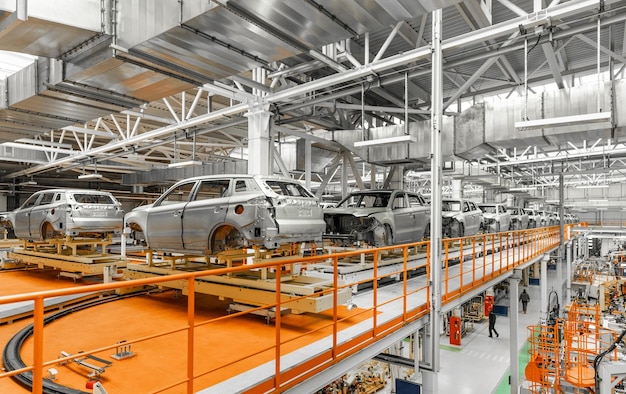Chinese Manufacturers Lead the Charge in Connected Car Innovation, Reports ABI

Chinese car manufacturers are reclaiming their home turf from foreign brands, says ABI Research. This shift is propelled by China’s unique consumer preferences for high-tech cars and robust government support.
China is leading the way in connected vehicle tech, thanks to a strong consumer demand for advanced features and significant government initiatives to boost the local Internet of Vehicles (IoV) industry.
ABI Research notes that around half of all new cars sold in China in 2021 will be connected, with this figure climbing to nearly 80% by 2025. By the end of 2021, about 40 million cars in China will be connected.
In the past, Chinese carmakers were mainly manufacturing partners for foreign brands. However, in recent years, they’ve become more independent.
“Now, they’re looking to compete with established Western brands by offering high-end infotainment systems similar to smartphones, partnering with local tech giants like Baidu, Tencent, and Alibaba,” said Maite Bezerra, a research analyst at ABI Research. “They’ve also developed systems that enable faster software updates, with cycles reduced to 12 months, compared to the three years it takes in the West. This high level of competition is forcing traditional automakers to quickly adapt to the local market, with some, like Suzuki and Renault, already exiting.”
Chinese OEMs are enhancing the connected car experience using artificial intelligence and personal data. Chinese consumers are more willing to share their data, allowing for more personalized vehicle experiences.
“Connected services are a major selling point, and carmakers in China often offer longer free trial periods than those in Western countries, sometimes even for the vehicle’s entire life,” Bezerra added. For example, Nissan offers a three-year free trial in the USA, seven years in the UK, and ten years in China.
Chinese OEMs are not only outpacing traditional manufacturers but are also partnering with local and international third parties, such as Baidu, Tencent, Alibaba, and tech companies like Qualcomm, NXP, and Autotalks. This opens up opportunities for third-party suppliers willing to adapt to the fast-paced, ambitious Chinese market.
Beyond infotainment, vehicle connectivity in China has been boosted by rapid 5G deployment and leadership in V2X (vehicle-to-everything) technology. China is committed to the C-V2X protocol and aims for mass deployment by 2025. Already, at least five vehicle models feature C-V2X, including Great Wall Motors’ Haval, the world’s first 5G vehicle. Nearly 45% of new cars sold in China by 2025 will include C-V2X.
While the allure of high-tech vehicles and a large market make China attractive to car makers, understanding the local market’s specifics is crucial.
“To succeed in China, foreign OEMs need to partner with local internet companies and be open to releasing cars with unfinished software that can be updated over-the-air (OTA) after the sale,” said Bezerra. “Global suppliers like Harman must establish strong, autonomous engineering teams in China. Automotive suppliers should also be ready to invest and make compromises because Chinese companies want the latest technology at competitive prices.”